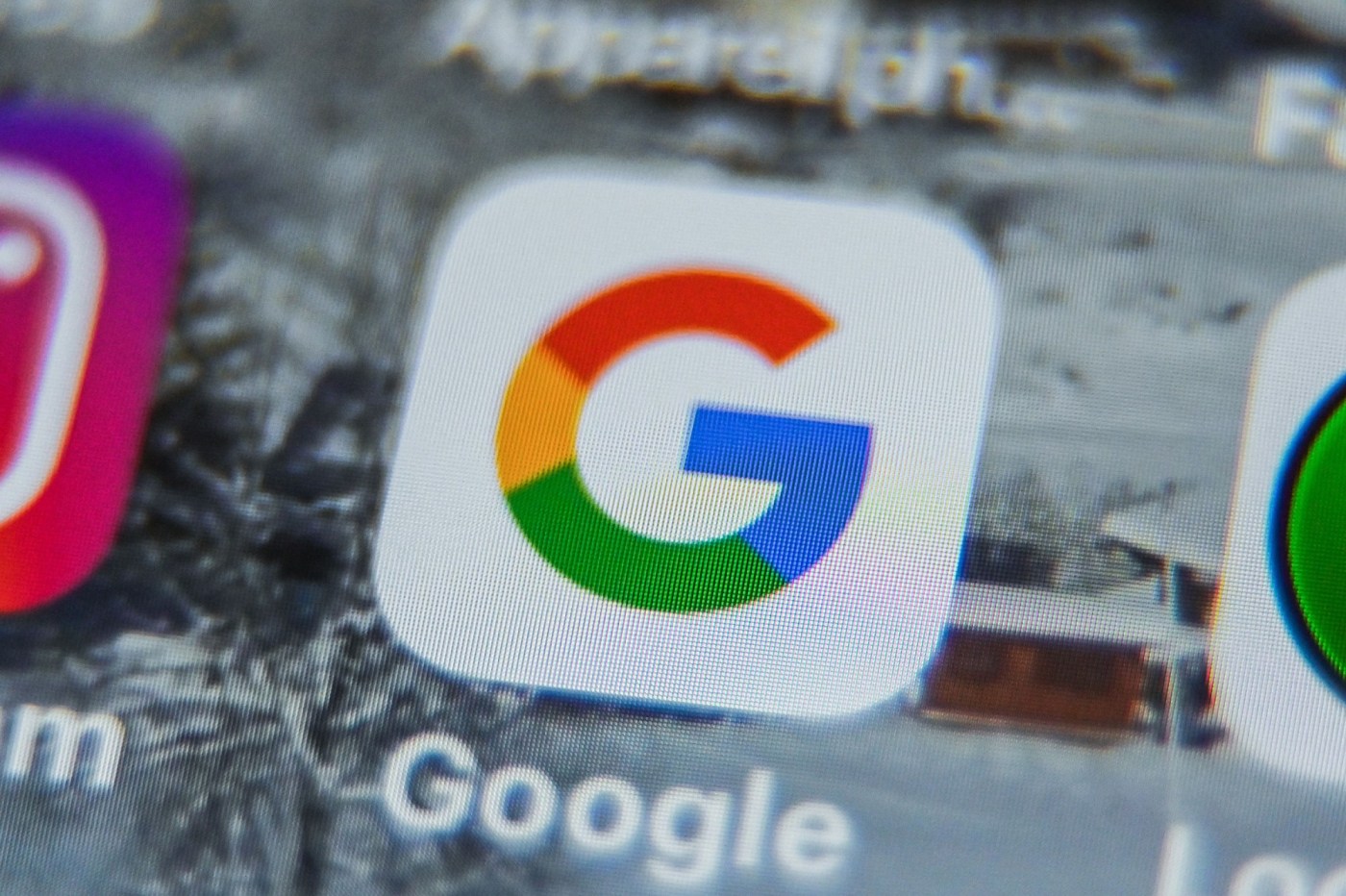Samuel Stolton and Jennifer Duggan | (TNS) Bloomberg News
Apple Inc. lost its court fight over a €13 billion ($14.4 billion) Irish tax bill and Google lost its challenge over a €2.4 billion fine for abusing its market power, in a double boost to the European Union’s crackdown on Big Tech.
The EU’s Court of Justice in Luxembourg backed a landmark 2016 decision that Ireland broke state-aid law by giving Apple an unfair advantage. In another victory for the EU’s antitrust chief Margrethe Vestager, the same court ruled that Google illegally leveraged its search-engine dominance to give a higher ranking to its own product listings.
Vestager — who is just weeks away from departing the Brussels-based European Commission after two terms — made Apple and Alphabet Inc.’s Google top targets after taking up her role in 2014. The Apple decision was by far the biggest in her decade-long campaign for tax fairness, which has also targeted the likes of Amazon.com Inc. and carmaker Stellantis NV’s Fiat. Vestager has argued that selective tax benefits to big firms are illegal state aid that are banned in the EU.
“It’s important to show European taxpayers that once in a while, tax justice can be done,” Vestager told reporters in Brussels in response to questions on her Apple win.
Apple’s Chief Executive Officer Tim Cook previously blasted as “total political crap” the EU’s 2016 move to order the firm to pay €13 billion in back taxes, while the commission’s 2017 fine against Google was leveled for abusing its search dominance to give a higher ranking to its own product listings. Vestager ordered Ireland to claw back the sum, which amounts to about two quarters of Mac sales globally. The money has been sitting in an escrow account pending a final ruling. Ireland must now decide what to do with its unwanted windfall.
“We are disappointed with today’s decision as previously the general court reviewed the facts and categorically annulled this case,” an Apple spokesperson said. The company expects to record a one-time income tax charge of about $10 billion in the fiscal fourth quarter ending Sept. 28 as a result of the ruling, increasing its effective tax rate for the period.
Separately, a Google spokesperson said that the company is “disappointed” with the court judgment on its appeal and that a 2017 offer to remedy the EU’s concerns helped to generate more clicks for other shopping services.
The EU’s focus on Google paved the way for global scrutiny, from the U.S. to the UK. The EU hasn’t merely targeted the firm’s search dominance. Its shopping case was the first round in a trio of fines that led to penalties totaling more than €8 billion. The EU’s competition watchdogs are hoping that the conduct of Silicon Valley will be definitively fixed by sweeping new regulation that came into effect last year — the Digital Markets Act.
The shopping case “was symbolic because it demonstrated that even the most powerful tech companies could be held accountable,” Vestager said. “No one is above the law.”
Among other dos and don’ts — the DMA forces Big Tech players to refrain from favoring their own services over rivals — an obligation inspired by the bloc’s near decade-long tussle with the tech giant’s search dominance.
(With assistance from Gian Volpicelli, Saim Saeed, Subrat Patnaik, Lauren Vella and Kevin Whitelaw.)
___
©2024 Bloomberg L.P. Visit bloomberg.com. Distributed by Tribune Content Agency, LLC.












